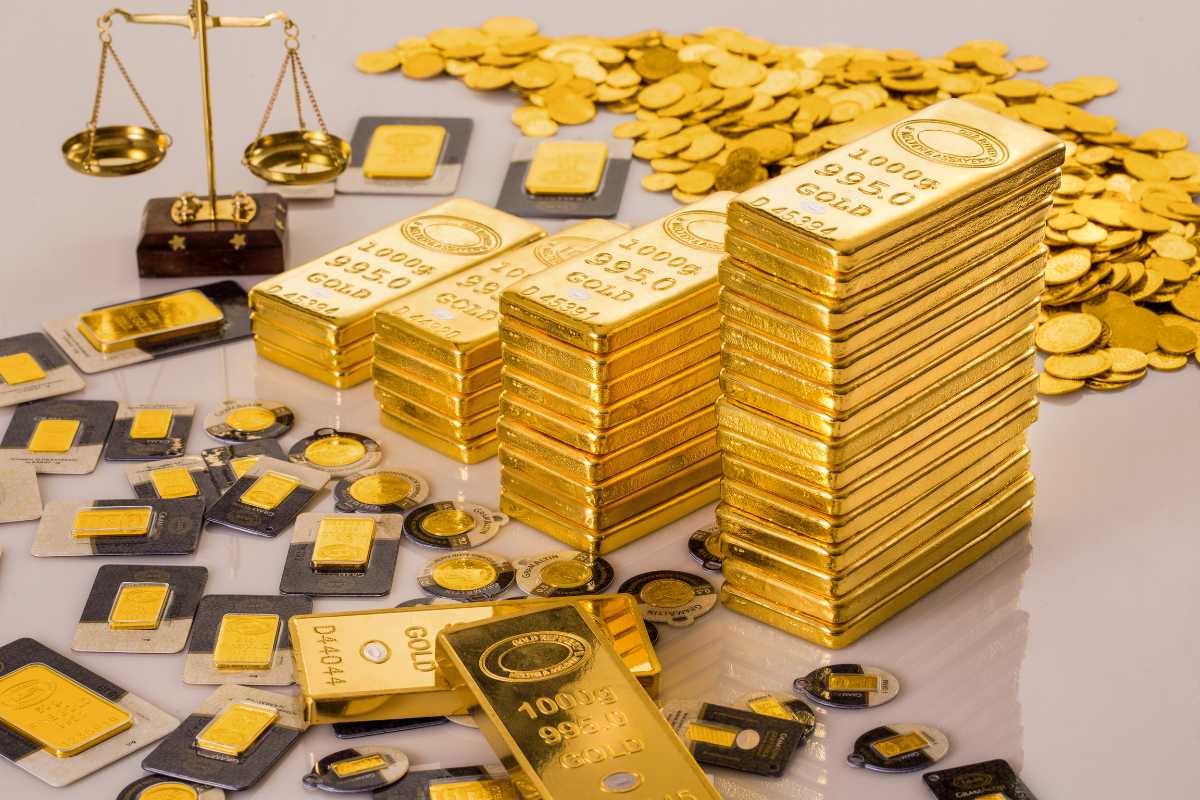Market Analysis
The Essentials of Retirement Planning
The gold market has shown remarkable resilience in recent years,
with ongoing fluctuations driven by global economic
uncertainties and geopolitical tensions. Recent analytical
reports highlight a steady increase in gold prices, reflecting
investors' ongoing confidence in gold as a safe-haven asset.
Factors such as inflationary pressures, currency fluctuations,
and economic instability continue to influence gold's value,
making it a crucial component of investment portfolios.
Analysts are noting a significant uptick in demand for gold,
particularly from central banks and institutional investors
seeking to hedge against market volatility. This rising demand
is coupled with supply constraints, as mining operations face
challenges related to geopolitical risks and environmental
regulations. The balance between supply and demand is expected
to drive further price increases, solidifying gold's position as
a valuable investment.

Impact of Inflation on Gold Prices
Inflationary trends have become a prominent concern for investors, with recent reports indicating a strong correlation between rising inflation rates and higher gold prices. As traditional fiat currencies lose purchasing power, gold is increasingly viewed as a hedge against inflation. Recent analytical data underscores how inflationary pressures are amplifying the appeal of gold, reinforcing its role as a store of value.
Economic indicators suggest that inflation is likely to persist, driven by factors such as supply chain disruptions and expansive fiscal policies. This environment creates a favorable backdrop for gold investments, as investors seek to protect their assets from diminishing real returns. Analysts predict continued upward pressure on gold prices as inflation concerns persist, making gold an attractive option for long-term investment.

Geopolitical Tensions and Gold Investment
Geopolitical uncertainties, including trade disputes, regional conflicts, and political instability, have been pivotal in shaping gold market dynamics. Recent analyses emphasize how these factors contribute to gold's status as a safe-haven asset, with investors turning to gold during periods of geopolitical unrest. The market response to such tensions often involves increased gold purchases, driving up prices as investors seek security.
The ongoing geopolitical landscape remains complex, with potential for new developments to influence gold market trends. Analysts are closely monitoring global events and their potential impact on gold prices, providing insights into how geopolitical risks may drive future investment strategies. Understanding these dynamics is essential for investors looking to navigate the evolving gold market.

Future Projections and Investment Opportunities
Looking ahead, market forecasts suggest a positive outlook for gold investments, with expectations of sustained price growth. Analysts project that factors such as continued economic uncertainty, persistent inflation, and geopolitical risks will support gold’s upward trajectory. Investment opportunities are emerging as market conditions favor long-term gold holdings.
Emerging technologies and innovations in gold mining and processing are also likely to influence market dynamics. As the industry adapts to new developments, investors may find new avenues for growth and profit. Staying informed about these trends and leveraging expert insights will be key for making strategic investment decisions in the gold market.

